Property ownership has the potential to be an extremely lucrative business – but what we’re going to focus on in this article is how you should structure that business.
Should you form a limited company and rent out your BTL property that way?
Or should you set yourself up as a private landlord? There are pros and cons to both, which we’ll explore in more detail, but, as you’ll see, the main points come largely down to tax.
Whether you own one property or a growing portfolio, it’s important to consider the tax implications of each option carefully.
Stamp duty changes, reduced tax relief, and the more stringent regulations that have surfaced recently make this more crucial than ever.
The pros and cons of setting up a limited company to rent out property
If you own property that you want to let, one option is to create a limited company and rent the property through that company.
This is sometimes referred to as a Special-Purpose Vehicle (SPV) company, which is just the same as any incorporated limited company but is a term used within the industry to denote companies specifically set up for property ownership.
When you set up a limited company (or an SPV), it will be the company itself that receives income from rent and therefore the company that is responsible for paying tax on that income.
This tax will be paid as Corporation Tax, and the business will need to submit a Company Tax Return to tell HMRC how much is due.
In order for the property owner to benefit from rental income that is received by a limited company, they will need to either pay themselves a salary from the company, pay themselves dividends, take pension payments, or set up a combination of them all – more on that in just a moment.
So, the main advantages of letting property through a limited company are:
Your tax bill will probably be cheaper
When you’re set up through a limited company, any rental income will be taxed as Corporation Tax, rather than the Income Tax private landlords will be subject to.
Corporation Tax is currently set at a rate of 19%, which is lower than the starting rate of Income Tax.
So, creating a limited company can allow property owners to benefit from a significant tax saving.
Note: From the 1st of April 2023, the 19% Corporation Tax rate will only apply to the first £50,000 of rental income profits.
Unlike private landlords, limited companies are also allowed to offset mortgage interest against any profit they make from rental income.
This reduces the amount of profit and therefore lowers the amount of tax due.
This is because mortgage interest costs qualify as a deductible business expense for limited companies but not for private landlords.
More flexibility around income streams
Renting property through a limited company offers you far more flexibility around how to earn income from the business.
To make a personal profit, you have three main options:
- Set yourself up as an employee and pay yourself a salary
- Pay yourself dividends
- Set up pension payments for yourself
- Find a tax-efficient combination of them all
A combination of salary and dividends, for example, means you can still contribute to ‘the system’ and therefore protect things like your state pension while reducing tax liabilities.
An accountant will be able to help you find the right combination of options.
It’s worth noting here that each of these will be taxed differently.
More limited liability and increased security
When you set up a limited company, this separates your personal assets from the company’s assets. So, if you should ever run into a spot of financial trouble, your personal assets (home, car, etc.) will be protected if you manage your buy-to-let property through a company rather than as a private landlord.
You don’t need to pay Capital Gains Tax (CGT)
A private landlord is considered an individual by HMRC and when an individual disposes of an asset, they are required to pay Capital Gains Tax on the profit they make in the process.
A limited company, however, will not need to pay any CGT on asset disposal profit, and instead pays Corporation Tax on it. It’s less complicated, for a start!
The possible downsides of renting a property through a limited company are:
- Additional admin responsibilities such as setting up with Companies House and keeping company information up to date in all the relevant places.
- Sharing personal information in public domains.
- Preparing and filing Company Tax Returns and paying Corporation Tax bills.
- Filing Companies Act compliant accounts.
- Submitting articles of association.
The pros and cons of owning property as a private landlord
When you rent out property as a private landlord, the property is owned by you personally (not by a company as it would be if you created a limited company).
This means that there is no division between you and the business, so you must pay income tax on all of the profits you make through rental income.
This is the case whether you take any personal earnings from the rental income or not and will need to be done through an annual Self Assessment Return.
If your rental income profits reach £6,515 or more in a year, you will also need to pay Class 2 National Insurance.
The tax advantage of being a private landlord:
The main benefit is that the tax process is simple. You simply deduct any allowable expenses from the rental income you make to calculate your profit.
You can then submit your Self Assessment based on these figures and pay the Income Tax due at the standard rates.
The disadvantages of being a private landlord for tax:
The main downside is that you won’t be able to claim your mortgage interest costs as a deductible expense.
Plus, Income Tax rates are currently much higher than the Corporation Tax rates limited companies pay, which means your tax bill will likely be more expensive.
Private landlords will need to pay tax on all profits made, as opposed to just the amount they personally take from rental income.
Also, as we touched on earlier, if you run into any financial trouble, your personal assets will be at risk when you operate as a private landlord.
How do I know which is the best option for me?
For some, this will not be an easy decision to come to. The deciding factor will most likely boil down to which option makes the most tax sense.
However, navigating these pros and cons is no walk in the park and can get pretty complicated depending on individual circumstances.
That’s why we’d always recommend speaking to a qualified accountant and seeking out professional guidance when it comes to your property finances.
Article written by The Accountancy Partnership – Providing online accounting services nationwide for a low, fixed monthly fee.


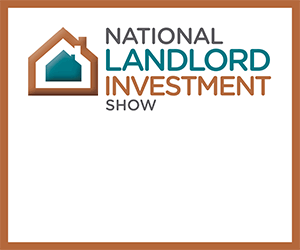








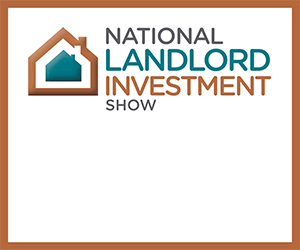

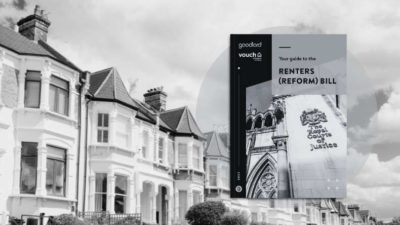



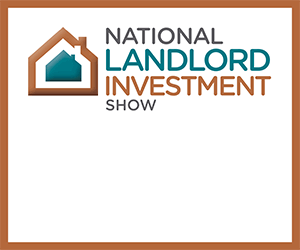
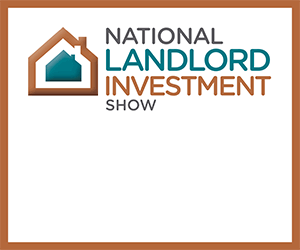

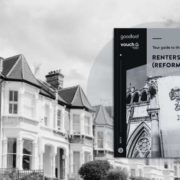




Comments